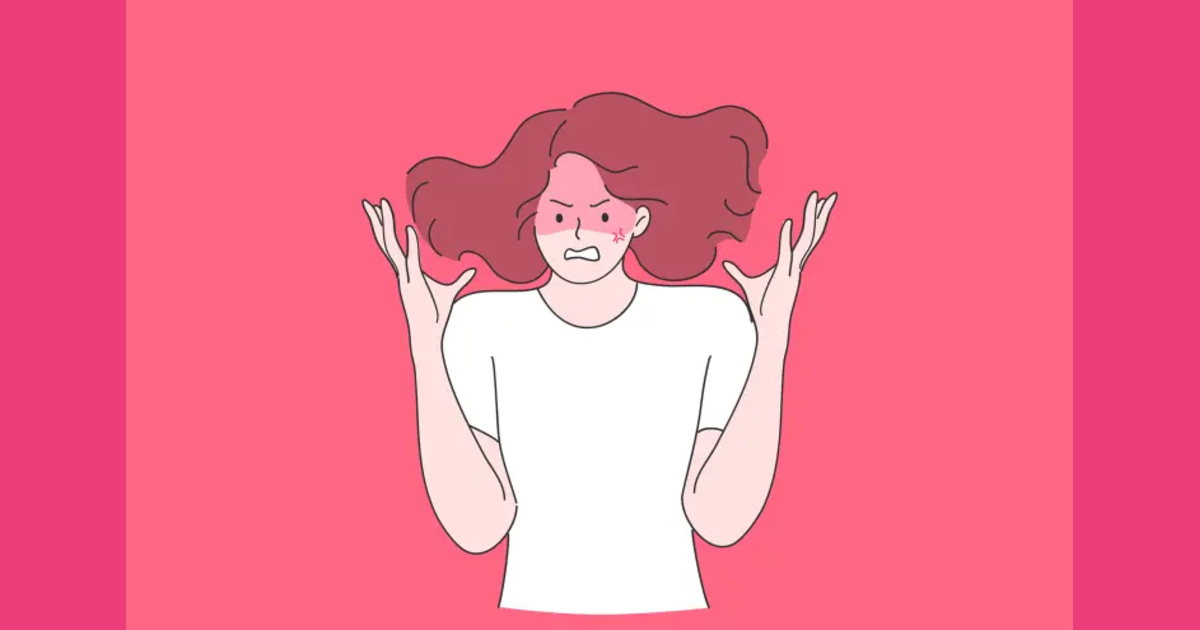Have you ever wondered about the power of anger and how it can actually be a useful emotion? Let’s dive into that fascinating topic today.
In a society that often stigmatizes anger as a negative emotion, mental health experts emphasize its value as a crucial emotional tool that should not be suppressed. Dr. Brett Ford, an associate professor of psychology at the University of Toronto, points out that anger is unfairly judged, leading to obstacles in emotional processing.
Minority groups and women, in particular, face cultural pressures to restrain their anger due to societal expectations and norms.
The Protective and Informative Power of Anger
Anger, despite its negative connotations, serves as a protective emotion and a valuable source of information. It acts as a warning signal, alerting individuals to violations of their values, potential dangers, or feelings of neglect.
When harnessed constructively, anger can motivate people to assert their needs, set boundaries, and advocate for themselves. It also plays a role in conflict resolution and can provide the motivation to address obstacles or concerns, even on a societal level.
Distinguishing Anger from Rage
It’s essential to distinguish between anger and rage, as they represent distinct emotional states. Rage is characterized by malice and violence, whereas anger is a more controlled and potentially productive emotion.
Violence, such as punching walls or throwing objects, often results from unprocessed anger. Rage, in contrast, signifies anger that has evolved into a destructive force, rendering individuals unable to control their emotions.
Processing Anger for Health and Well-being
Chronic and intense anger can have adverse effects on both physical and mental health. Therefore, it’s crucial to process anger effectively to prevent it from festering and causing harm.
While it may not always be possible to process anger in the heat of the moment, calming the body is an initial step toward emotional processing. Similar to addressing a panic attack, it’s essential to reduce the heightened emotional state before attempting to process anger.
Steps to Process Anger
- Acknowledgment without Judgment: Instead of allowing anger to build up, individuals should acknowledge their feelings without judgment.
- Observation: Take time to observe the anger, even if it means setting a short timer for allowing oneself to feel angry.
- Understanding the Triggers: Reflect on the reasons behind the anger. What values have been violated? What needs are not being met? Understanding the underlying causes helps regain control over the emotion.
- Taking Control: Once awareness is achieved, individuals are empowered to control their anger and make informed decisions about how to address it constructively.
Anger is not a negative emotion in itself; rather, it serves as a vital tool for self-preservation, boundary-setting, and motivation.
By processing anger effectively and distinguishing it from destructive rage, individuals can harness its power to improve their emotional well-being and address issues both personally and socially.








Leave a Reply
You must be logged in to post a comment.